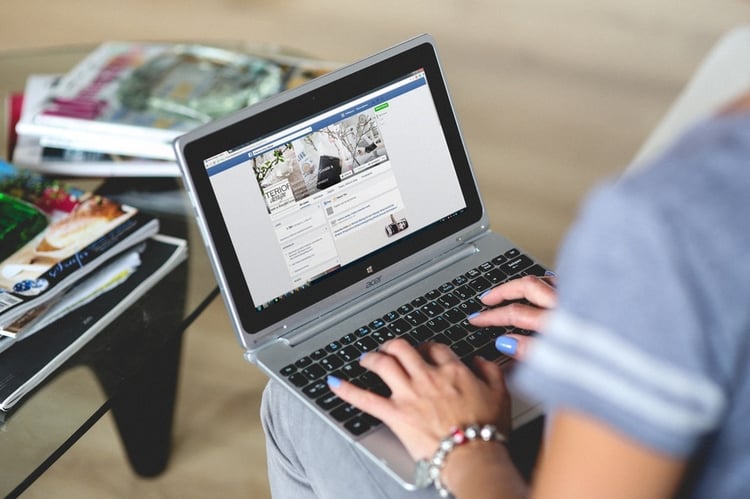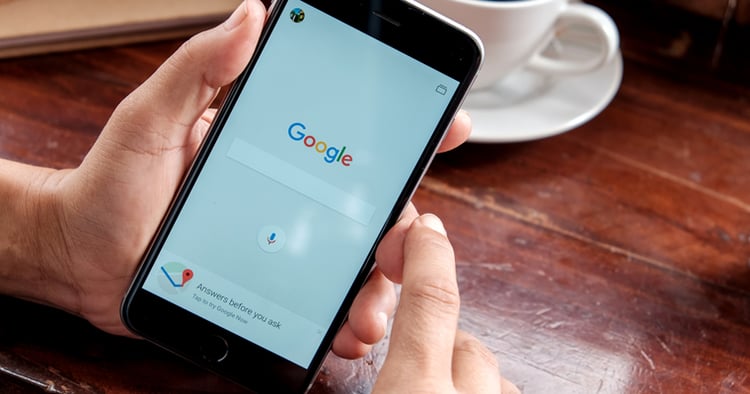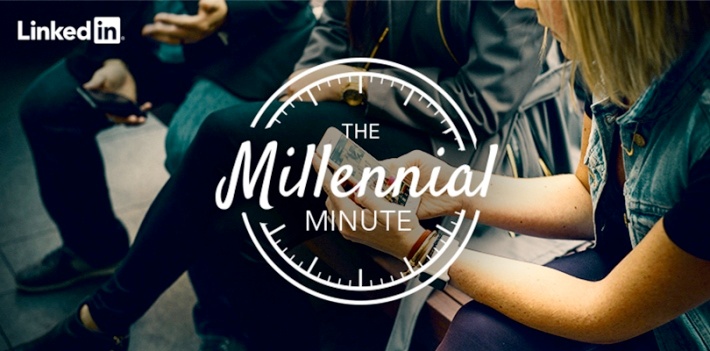

5 Digital Bites b/f Breakfast: Facebook’s Challenges, Google AMP, & More


Looks like Twitter is not the only social media giant facing growth challenges.
Recent reports about Facebook suffering from a 21 percent drop in personal shares has led to speculations about the platform losing its intimacy. Could this be a sign of the beginning of Facebook’s decline in popularity? We’ll see.
In other digital news: Why we still go into the office when most work is digital; Google AMP and search rankings; What the heck is Buzzfeed; and Data lessons from Millennials.
1) Personal Shares on Facebook Are Falling

According to The Information, personal sharing on Facebook dropped 21 percent from 2014 to 2015. This means users are sharing less information about their personal lives such as photos and announcements. To encourage users to check in and share more, Facebook is resorting to measures such as nostalgia mining and live video broadcasting.
Nice try, Facebook, but you’re missing the point. The reluctance to share personal stuff says a lot about the conduciveness of Facebook as a space to be heard. We reckon Facebook is getting too cluttered with news from “friends”, sponsored content, ads, etc.
Would you want to add to such a noisy and saturated space with your personal shares?
>> Originally from: The Washington Post
Image source: Karolina Grabowska @ Pexels
Shared by Dave, Project Manager
2) “If Work Is Digital, Why Do We Still Go to the Office?”

In the 1990s, social and media theorists predicted that the spread of the Internet and worldwide connectivity would render space obsolete. Why go to work, when you can work anywhere?
Fast forward to 2016. The “death of distance” these theorists were so sure of never materialised. In fact, co-working offices that bring together a community of like-minded people have grown popular. From Harvard Business Review:
What early digital commentators missed is that even if we can work from anywhere, that does not mean we want to.”
Here at Construct Digital, we find that having our developer, project manager, design and marketing colleagues in one space fosters collaboration and cooperation. Sure, we could work remotely and communicate online. But there’s just something irreplaceable about human interaction and feeling satisfied from bouncing ideas off each other over snacks at the office bar.
>> Originally from Harvard Business Review
Image source: Startup Stock Photos @ Stocksnap.io
Shared by Ying Yi, Content Marketer
3) Google AMP's Impact on SEO

Google’s Accelerated Mobile Pages (AMPs), launched on 24 February 2016, make your webpages load faster by minimising webpage elements that users download when visiting a webpage. But does being AMP-optimised affect your Google search ranking though?
According to John Mueller, Webmaster Trends Analyst for Google, AMP is not a search ranking factor.
But! AMP affects clicks, impressions, and mobile user experience, which in turn affects SEO. Search Engine Journal speculated that with another possible mobile update in May, AMP will become more important. Publishers are thus advised to:
-
Create AMP-optimised content to get more clicks
-
Ensure that content elements above-the-fold like headlines, header images, and intro copy, are compelling
>> Originally from Search Engine Journal
Image source: Does Google AMP Affect SEO?
Shared by Paolo, Digital Marketer
4) What the Heck Is BuzzFeed?

Like it or not, BuzzFeed has become a major media force in media. But what is it, really?
Zack Liscio of Naytev identified four components that define BuzzFeed:
-
Cross-channel distribution infrastructure
-
Cohesive content style and branding
-
Large and engaged audience
-
Nimble tech able to operate in rapidly shifting media landscape
We reckon the fourth component, its nimbleness, will be key to BuzzFeed’s (and other news sites) future success in this cut-throat media landscape. Buzzfeed is quick to adopt new platforms, consolidate data across sources, and using these to inform content creation and distribution.
Now that’s a true digital ninja.
>> Originally from Naytev
Image source: Buzzfeed
Shared by Nai, Digital Producer
5) What Millennials Can Teach B2B Marketers

Millennials and data mix like oil and water. Are we wrong?
Laura Collins, LinkedIn Marketing Solutions, suggests that Millennials are big on data. So much so that it’s the starting point for all of their creative endeavours. Now that’s quite a radical turnabout from our preconceived notions.
She makes the case that Millennials use data in three ways:
-
To enhance creativity (by finding out the things that the audience loves)
-
To test everything (by A/B testing headlines, colours … pretty much everything)
-
To amplify and personalise (by creating content that your audience cares for)
So use data to enhance, test, and amplify. Are you doing that, dear B2B Marketer?
>> Originally from LinkedIn
Image source: LinkedIn
Shared by Ying Yi, Content Marketer
Want more digital news? Check out the rest of our 5 Digital Bites b/f Breakfast series!
Image Credits & Sources
Header image by Lauren Mancke @ Stocksnap.io
More insights